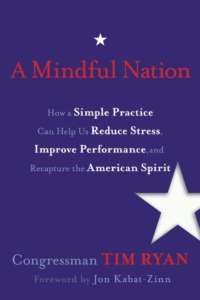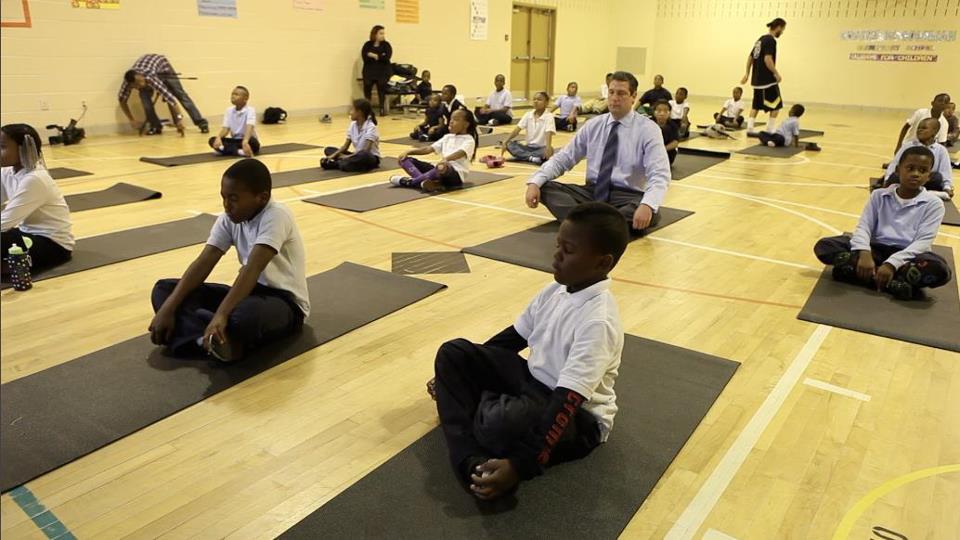

Ten or so years ago, I stumbled on a late-night TV series that became one of my favorite shows. It was called The 30-Something Working Group, and it aired weekly on C-SPAN. Produced on an ad hoc basis with a nonexistent budget, it featured a cast of young, up-and-coming Democratic Congressmen and -women who took turns delivering speeches to an empty House Chamber. Three of them stood out: Debbie Wasserman Schultz, a blunt-spoken Florida representative whose accent betrayed her Long Island upbringing; Kendrick Meek, also of Florida, who would run for the Senate in 2010 (Marco Rubio won the seat); and Tim Ryan of Ohio, a handsome ex–high school football star, who was as pro-union as he was antiwar. In those days of George W. Bush and Dick Cheney, of the Patriot Act and color-coded terror threat advisories, it was a welcome relief to know that there were still a few unapologetic liberals left in Washington.
Thanks to mindfulness training, doctors are becoming more attentive listeners and better healers; long-term unemployed people are finding the psychic wherewithal to train for different kinds of work; and overweight, overstressed patients are reducing their risks of heart disease and cancer.
Ryan began his own mindfulness practice—simple yoga breathing exercises—when he went on a silent retreat led by Jon Kabat-Zinn after the 2008 election. It changed his life, improving his concentration and focus, relieving his stress, and improving his overall health. Not only has it made him a more effective Congressman, but by heightening his awareness that he is part of a larger community, dependent on and connected to the human and natural world, it has made him a better person—more compassionate and empathetic, with a keener awareness of the need to adopt a greener, more sustainable way of life.
In A Mindful Nation: How a Simple Practice Can Help Us Reduce Stress, Improve Performance, and Recapture the American Spirit, Ryan introduces readers to mindfulness experts and advocates in medicine, social work, education, and academia and describes the programs they’ve created that help teachers, caregivers, and first responders have greater impact while avoiding burnout. These programs have raised students’ test scores, reduced gang violence, and helped returning veterans cope with Post-Traumatic Stress Disorder. Thanks to mindfulness training, doctors are becoming more attentive listeners and better healers; long-term unemployed people are finding the psychic wherewithal to train for different kinds of work; and overweight, overstressed patients are reducing their risks of heart disease and cancer.
Mindfulness, Ryan says, is like the tiny mustard seed that can split a boulder—the ultimate force multiplier that can make us a stronger, wiser, and more compassionate nation. It is not so much a revolution that he hopes for as a restoration. Mindfulness, for him, connects directly to the core American values that patriotic Conservatives and Liberals alike can embrace: self-reliance, diligence, innovation, entrepreneurialism, resilience, frugality, pragmatism, mutual respect, and community.
“Deep down,” he writes, “most Americans want to be a part of something bigger than themselves.” A Mindful Nation shows how we can do just that.
Related Article




2 Comments